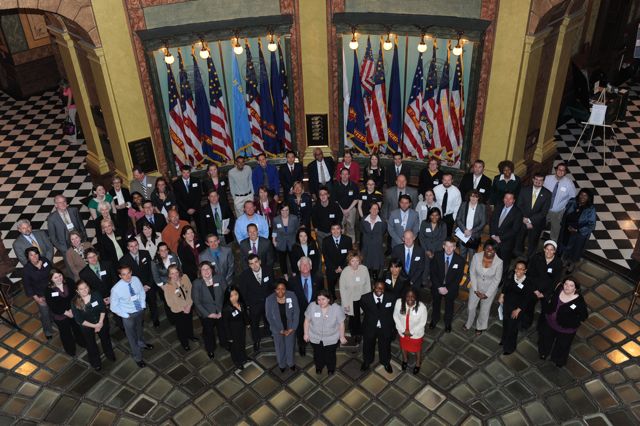A decade ago, Cooper Power asked Michigan Tech to provide its engineers with additional distance-learning training in power engineering. Since then, the electrical and computer engineering faculty have developed a full-fledged online MS in Electrical Engineering that focuses on power systems, as well as two certificate programs.
Dozens of students, both on and off campus, are now enrolled, and many more have graduated. The program’s strength reflects a renewed awareness of the importance of electrical power, says Professor Bruce Mork, director of Michigan Tech’s Power and Energy Research Center.
“Energy has become a national security issue,” he says. “It’s more important than ever to have infrastructure that is robust and reliable.”
The full release is available at the Michigan Tech News site.

